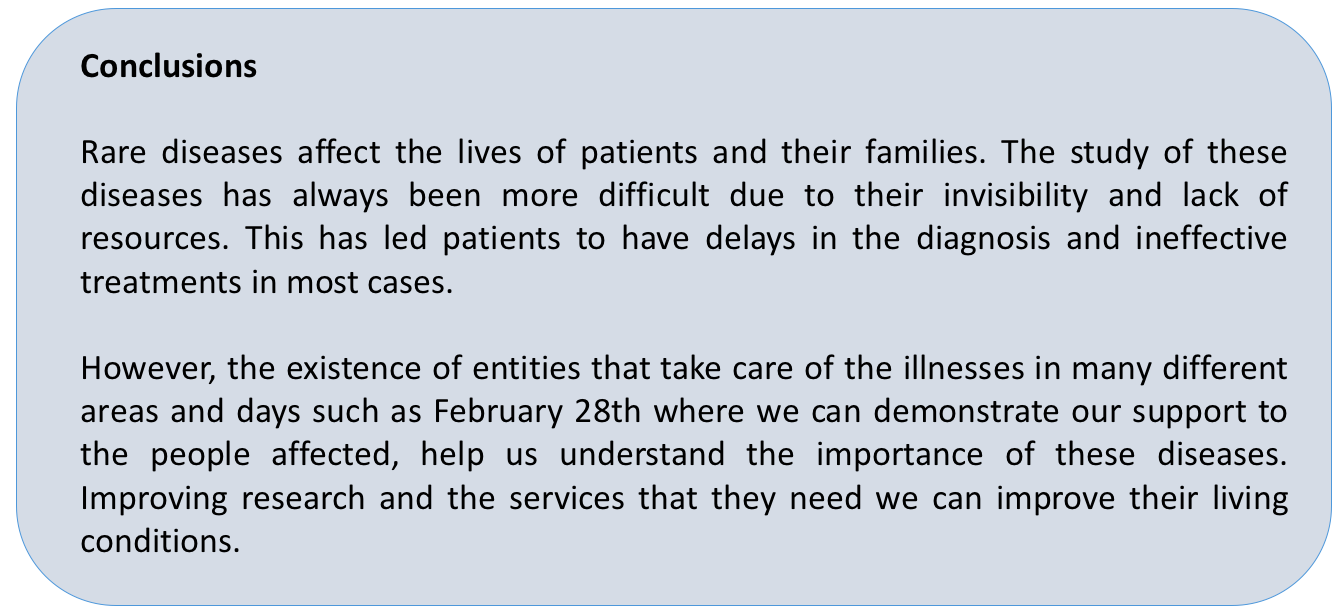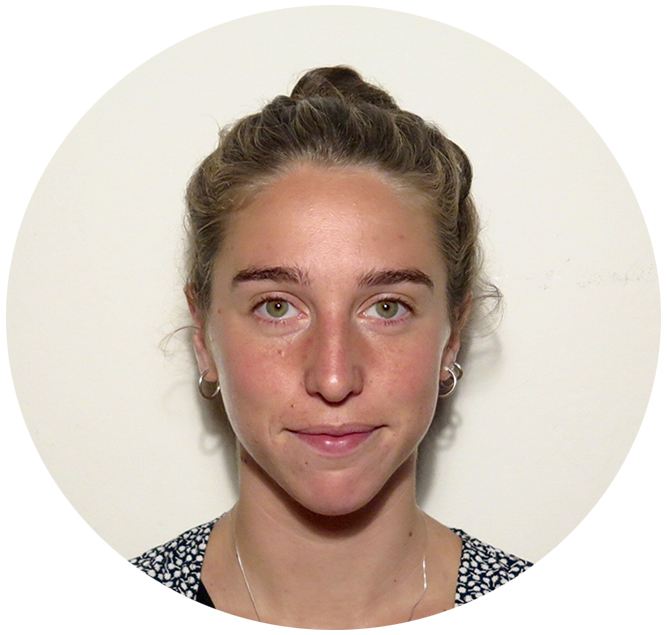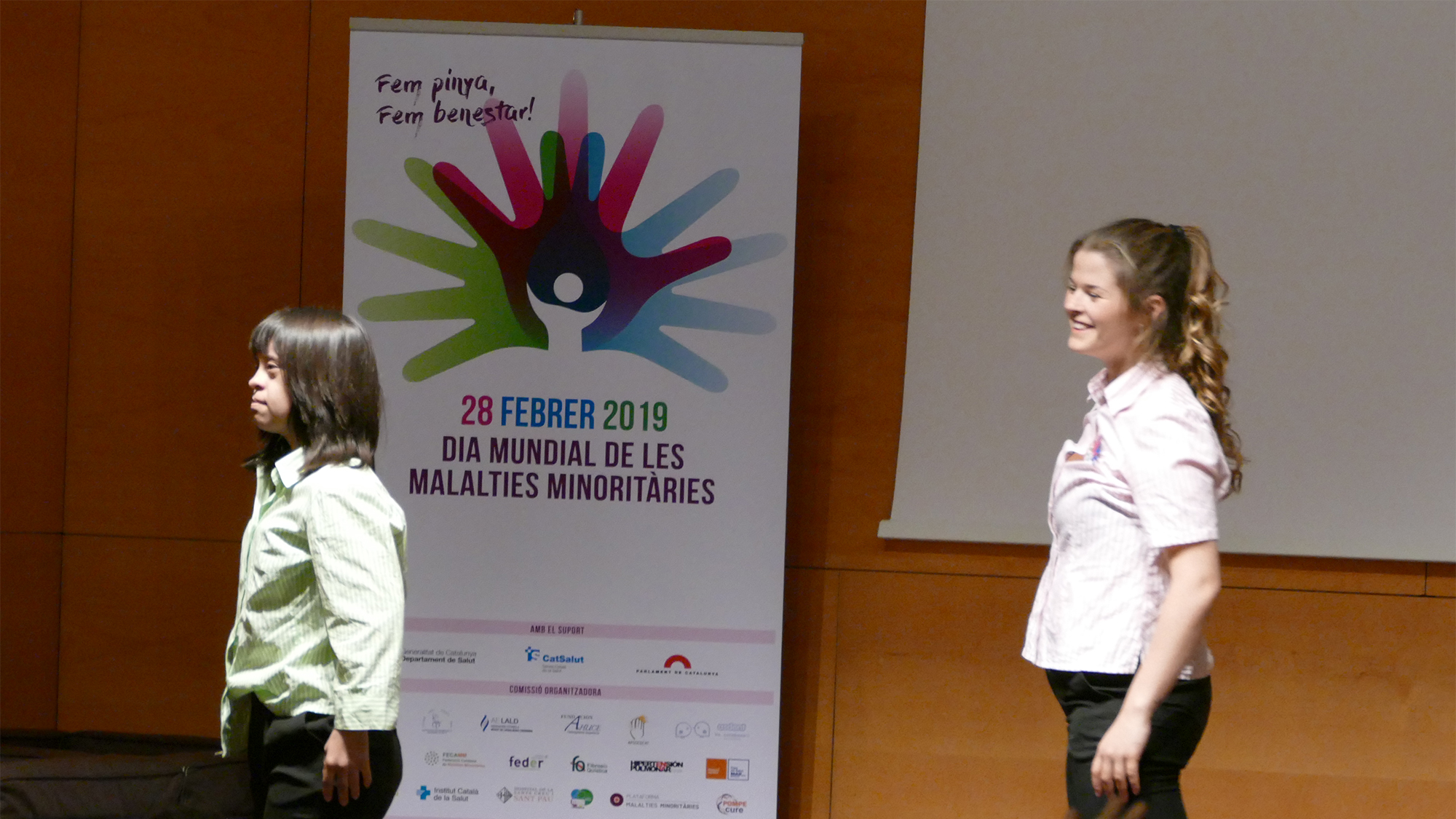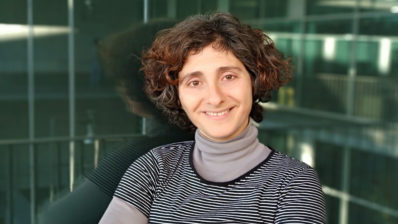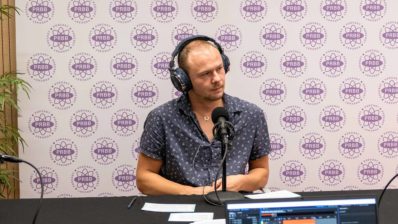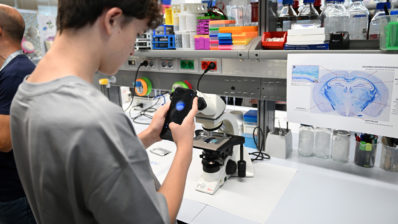Rare diseases have always been limited by the number of people affected: less than 5 people out of 10.000. However, behind this low prevalence, there is more than 3 million people affected only in Spain who are waiting for an improvement of their life conditions. Rare diseases are usually serious illnesses and in the majority of cases, there is not a definitive treatment. This is why it is important to promote a better quality of life of patients, investing on healthcare, social services and research.
In order to give visibility to this type of illness and voice to the people affected by them, on February 28, there was act to celebrate the International Rare Disease Day in the Auditorium of the Biomedical Research Park of Barcelona (PRBB). The meeting, organized by the Organizing Committee of the International Rare Disease Day, which included doctors, researchers, patients and family members, had the motto “Bridging health and social care” in order to emphasize the importance of ameliorating the access to different support services needed when you suffer a rare disease.
A celebration with many protagonists
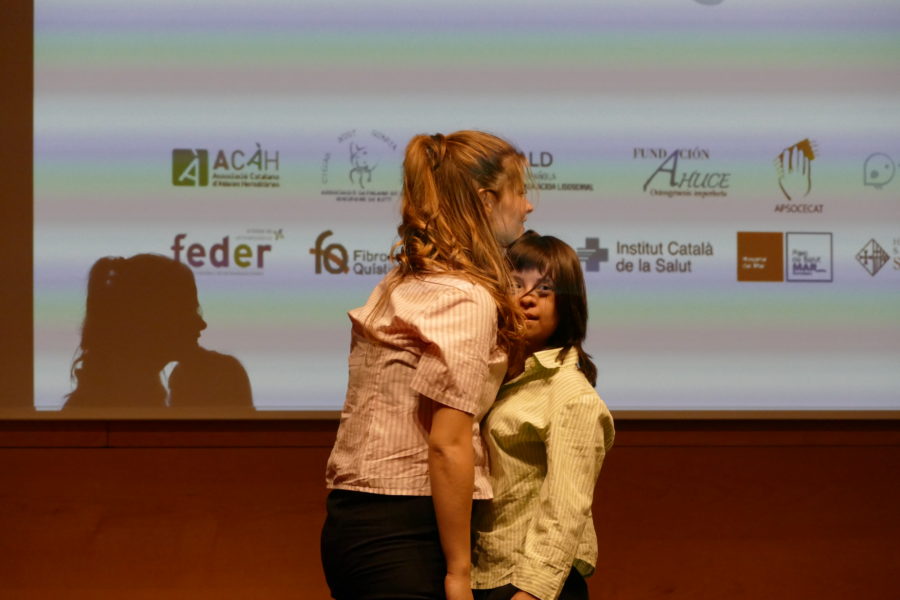
The day started with an inclusive dance at the PRBB auditorium, followed by parliaments by Alba Vergés, Health Conselour at the Generalitat de Catalunya, Elisenda Carballo, member of the organizing committee, Olga Pané, manager of the Parc de Salut Mar, Jordi Camí, general director of the PRBB and Susan Webb, subdirector of CIBERER.
After the inauguration, the audience heard people affected by rare diseases, such as Àlex Roca, whose son Lluc suffers a Myotubular Myopathy, Laura Moreno, affected by Falconi Anemia and Susana Martínez, affected by Von Hippel-Lindau. All of them explained how these diseases are affecting their lives and agreed on the importance of research and clinical practice to improve their lives. However, they wanted to emphasize that behind every illness there is a person who is not different from the others and this detail is really important to them; all of them have the challenge of learning from the disease and its course.
“Behind every illness there is a person who is not different from the others, and who has the challenge to learn from the disease”
New challenges and opportunities in the biomedical research
The first debate, focused on biomedical research, was moderated by Albert Barberà, research director at the Health Department of the Generalitat de Catalunya and Francesc Cayuela, member of the organizing committee.
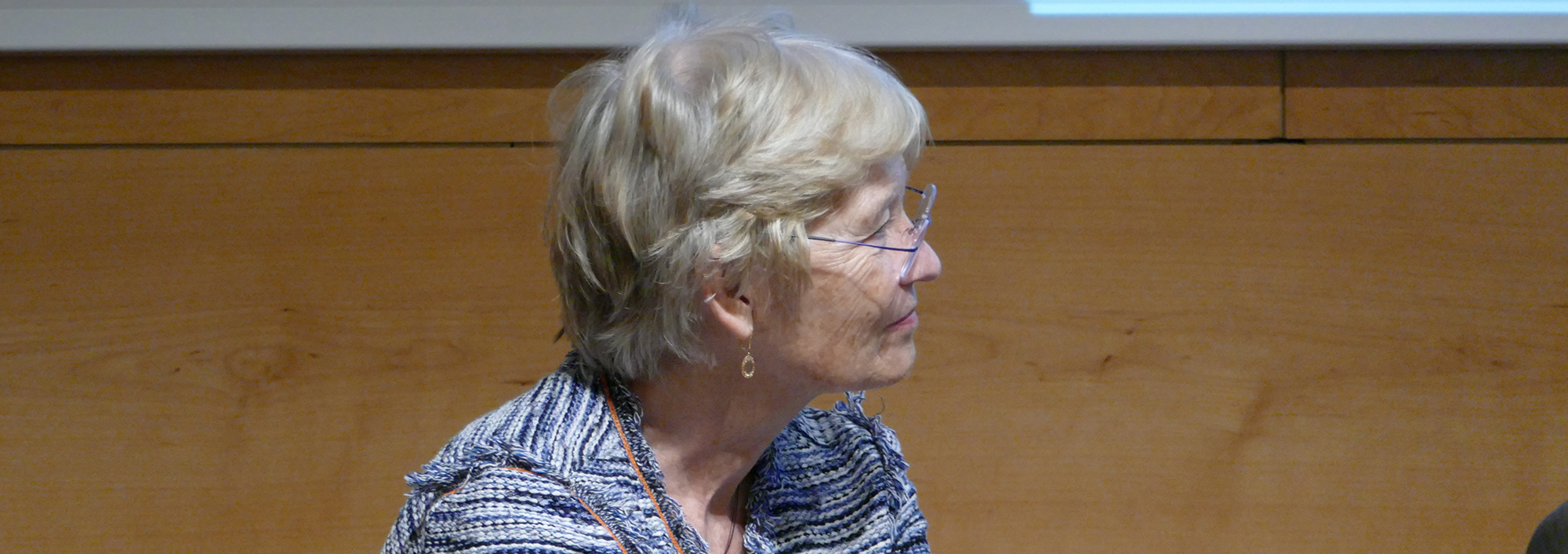
Susan Webb explained the advantages of Next Generation Sequencing (NGS) in rare diseases, 80% of which are of genetic origin. With this technique you can obtain the diagnosis faster; nowadays, teh average time to have a definitive diagnosis is 5 years.
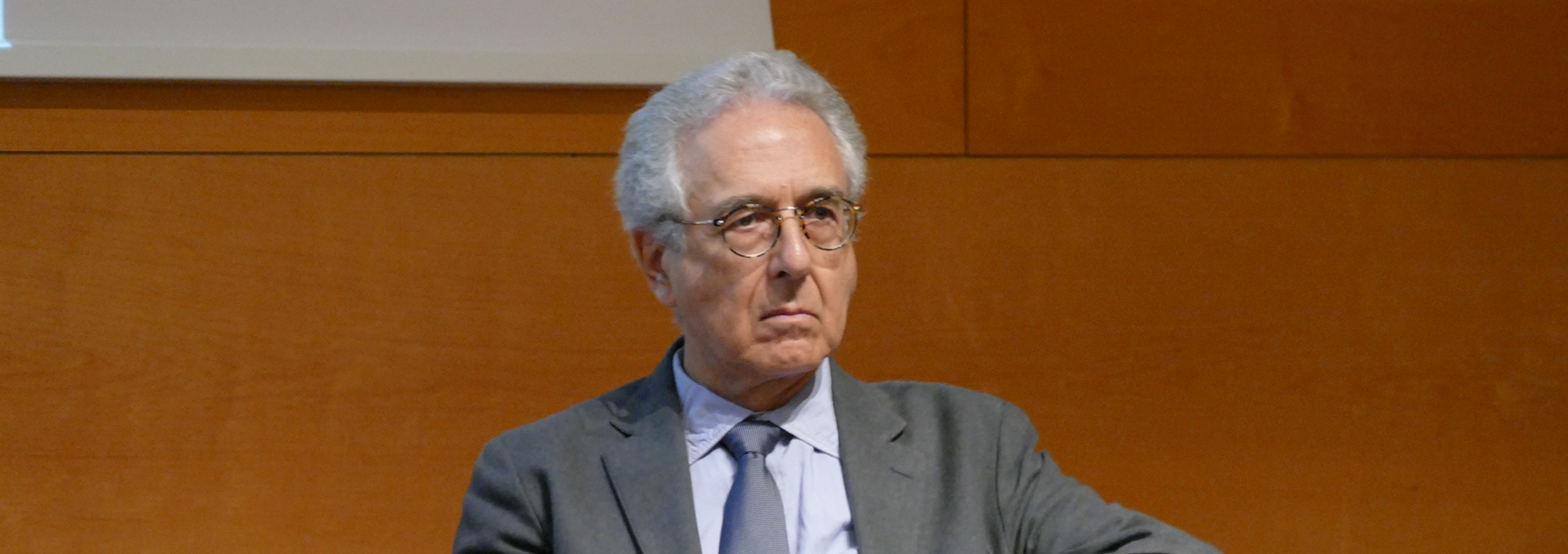
Joan Guinovart told the audience how basic research, the study of glycogen metabolism in his case, led him to discover the functioning of Lafora’s disease. This is a rare disease caused by the accumulation of glycogen.
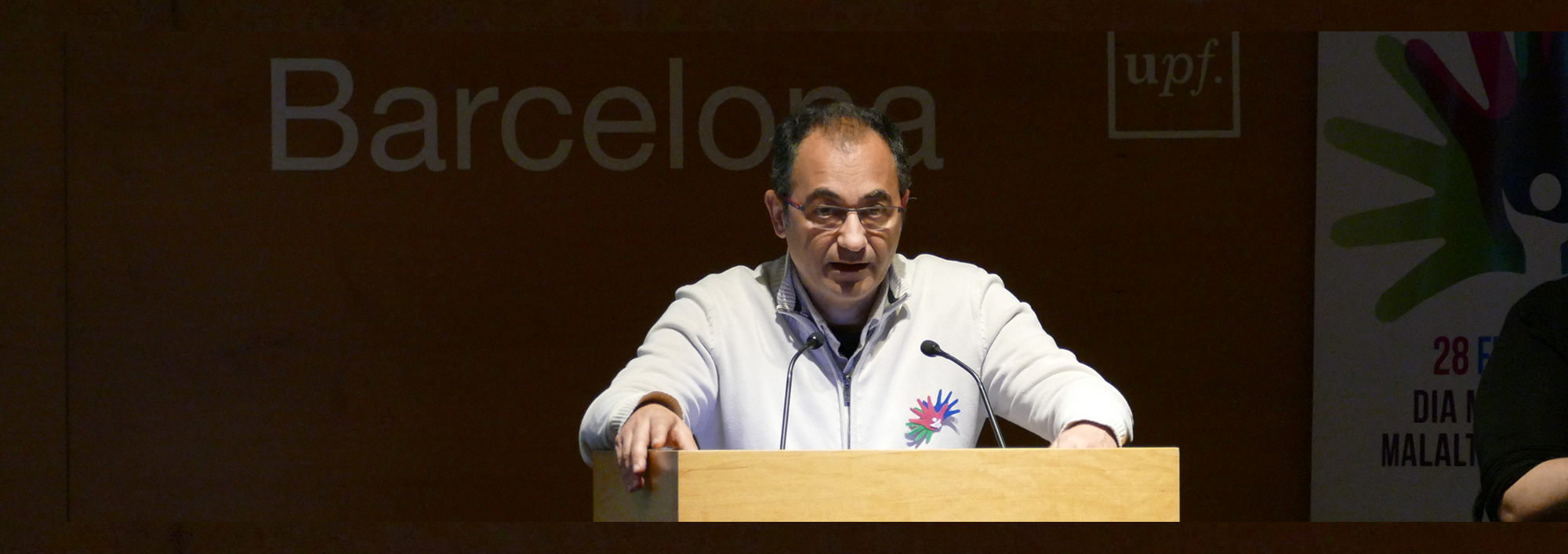
Simó Schwartz emphasized the importance of teamwork to advance in research. The center he runs, uses nanomedicine to create very specific transport systems that allow having less adverse effects and avoiding unexpected targets. These transport systems, such as vesicles containing enzymes, could be used to treat rare diseases, among others.
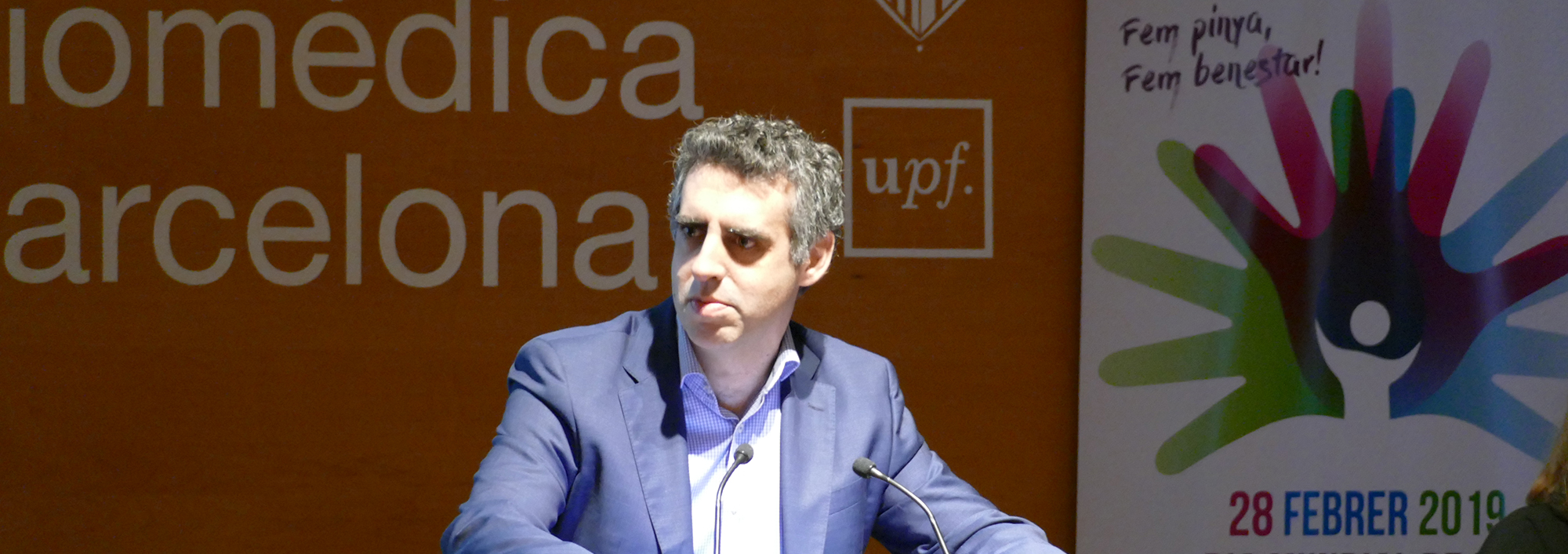
Manel Esteller focused on epigenetic genes, which can cause many rare diseases when they are mutated. Specifically, he talked about Rett Syndrome, caused by mutations in MECP2, a gene that regulates gene expression.
Assistance programs: networking
The second session was focused to welfare issues and was moderated by Francesc Iglesias, Secretary of Social Affairs and Families of the Generalitat de Catalunya and Anna Mendoza, member of the organizing committee.
In this session, Mònica Ribas, who works at the management of the Attention and Promotion of Personal Autonomy, explained the process for the disability evaluation of the affected people. Next, Sergi Nogués, physiotherapist at Nexe Foundation, presented physiotherapy as a tool to improve the quality of life of affected people. Alexia Falcó is a veterinarian and she gave her point of view in the integration of dogs in therapeutic work teams; she wanted to claim the potential role of the dog for therapy and medical alert. And finally, Sergi Navarro, Head of the Pediatric Palliative Care Unit and Pediatric Service of the Hospital Sant Joan de Déu talked about palliative care.
Closing and award ceremony
The ceremony ended with the presentation of awards, which were given to Joan Guinovart, Rosendo Ullot and Vall d’Hebron Hospital for their work helping disseminate rare diseases knowledge and for their professional contribution to the collective.
